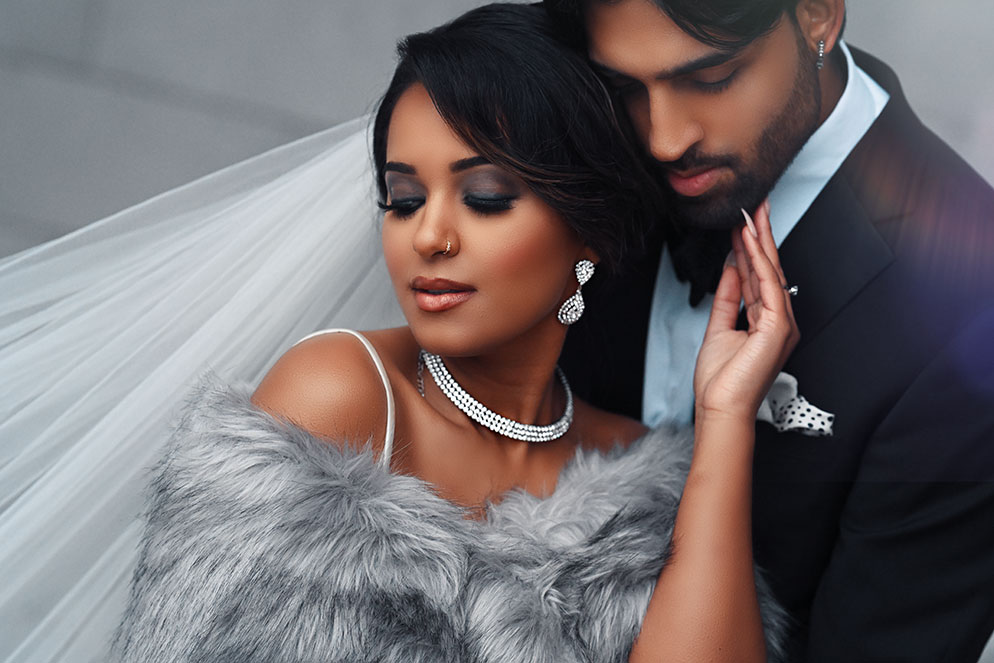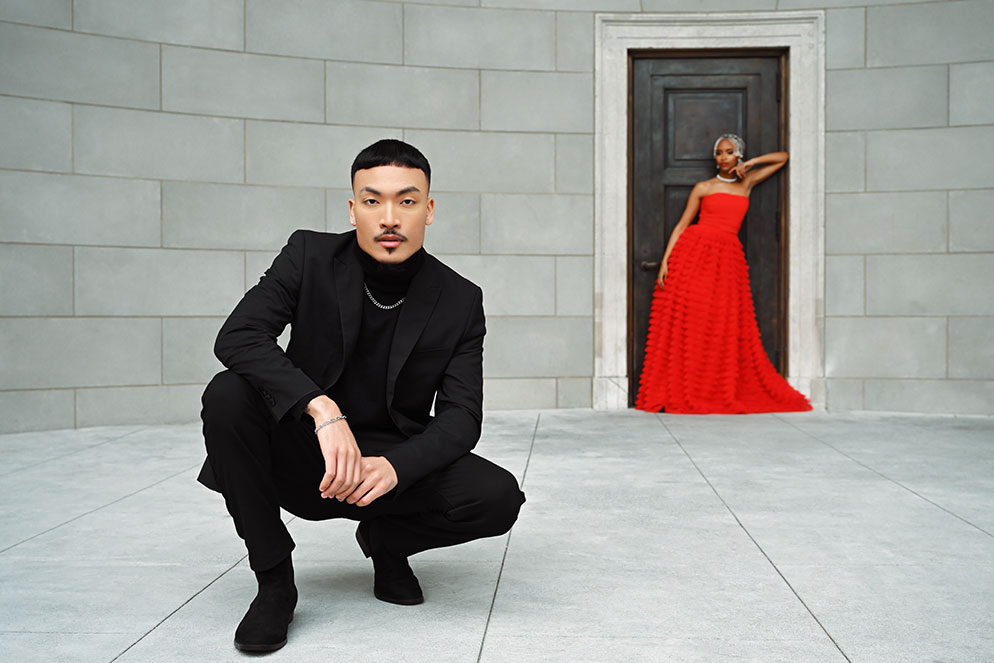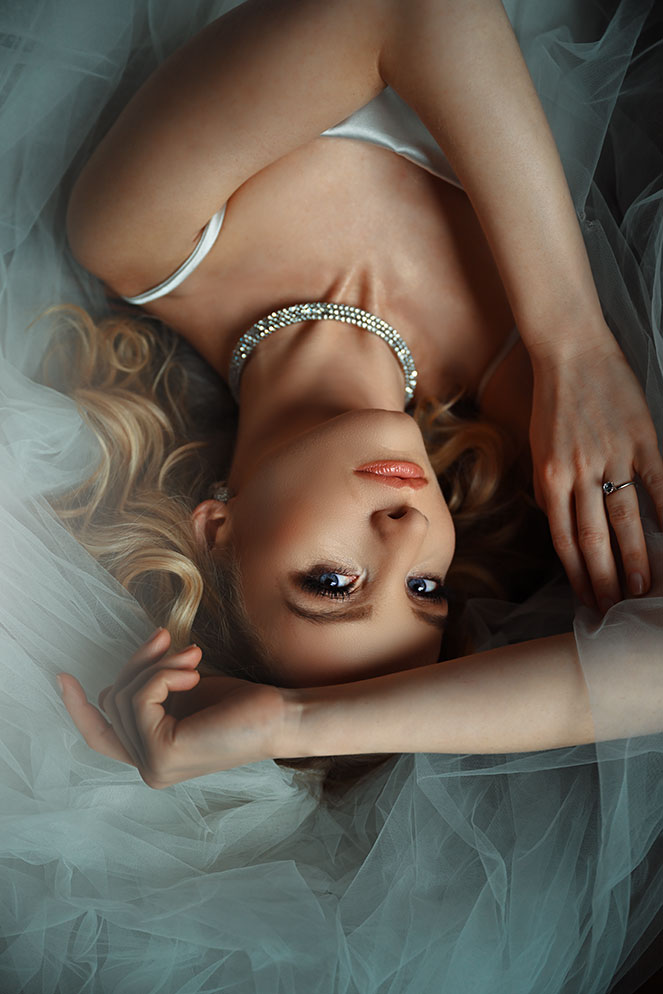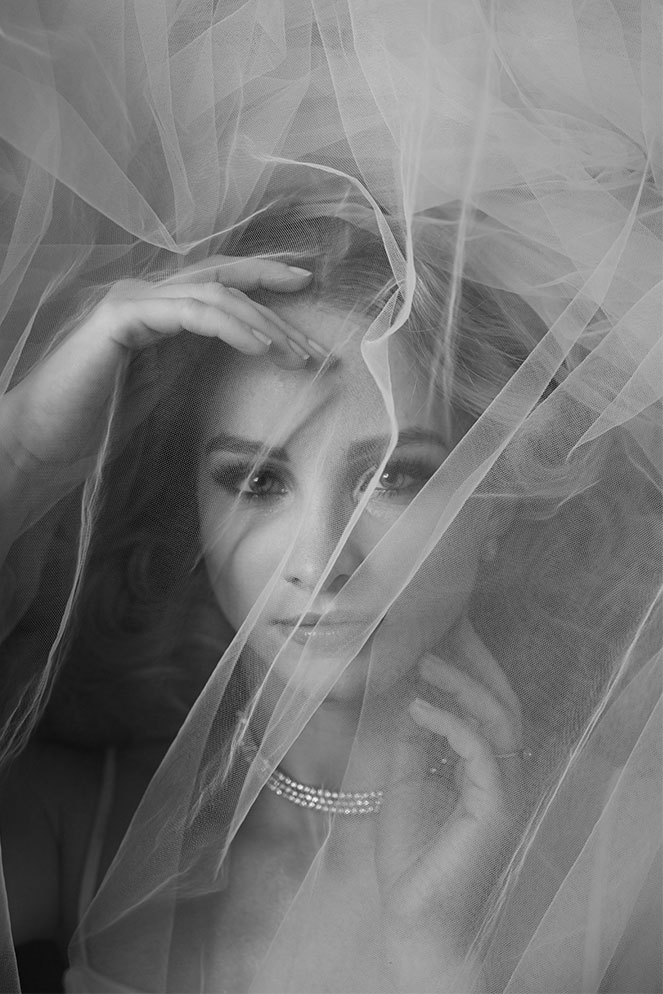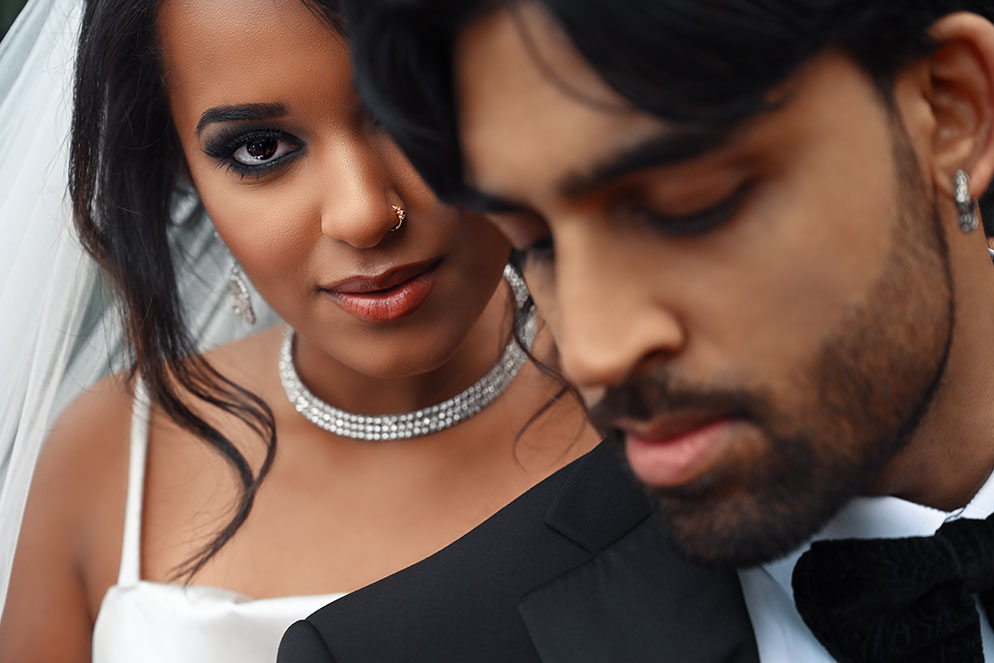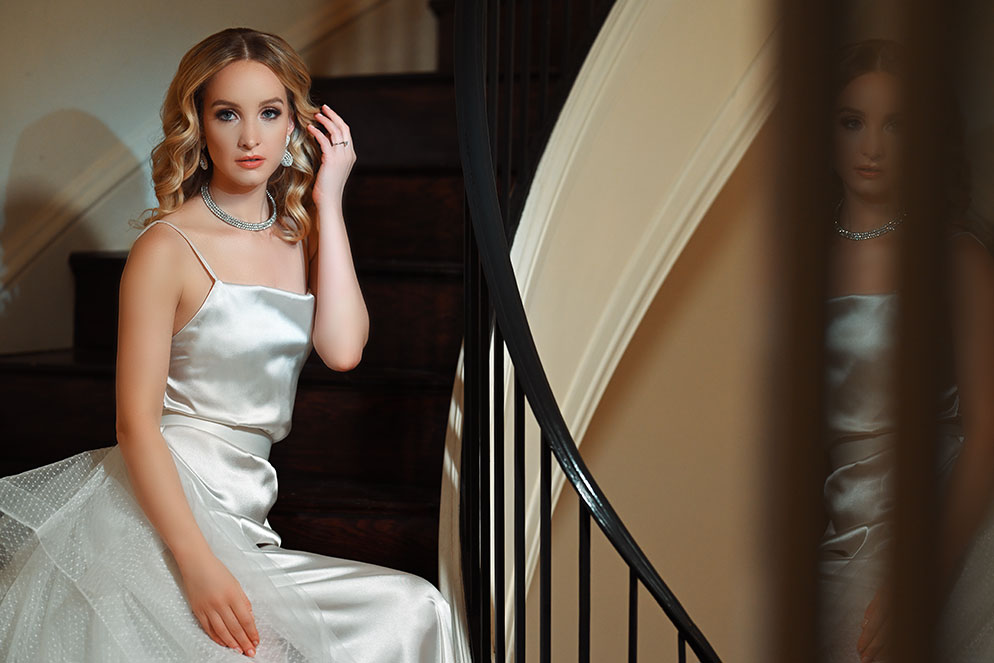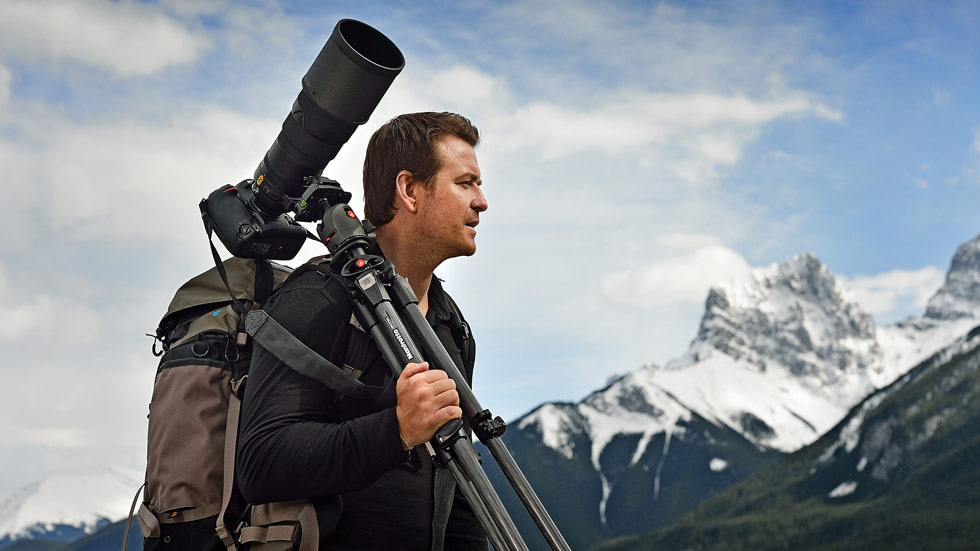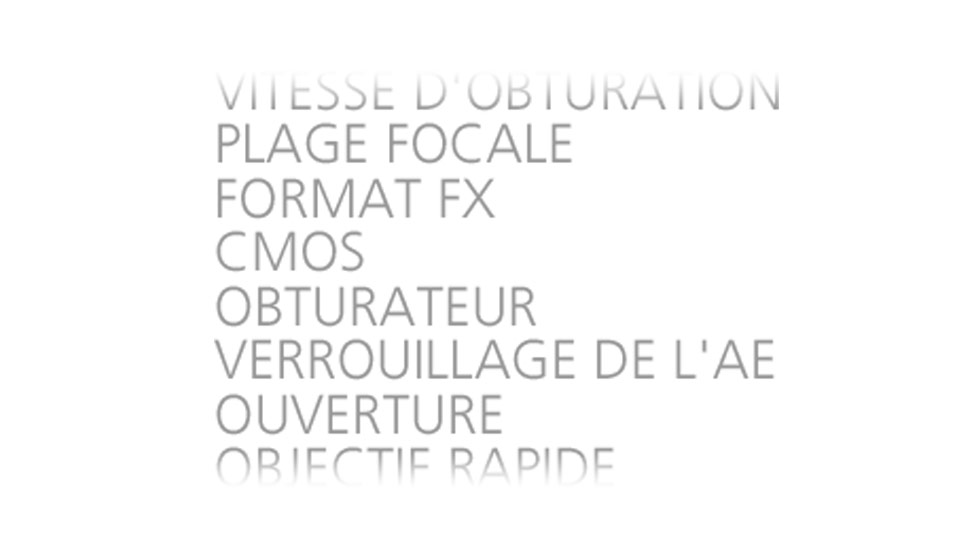How the Z 8 Powers the Ideas That Power Creative Wedding Photography
For Jide Alakija, a wedding photographer who also shoots documentary, street and lifestyle images, the advantage of the Z 8 was immediately evident. “I like to be as inconspicuous as possible,” Jide says, “and the Z 8 doesn’t appear intimidating to the people I’m photographing. My main camera now is the Z 8, and a lot of that decision has to do with size.”
Another aspect of the decision is how specific Z 8 capabilities figure into the way he works. Jide is a storyteller who uses insight, instinct, and imagination to create his images, and in wedding photography he finds “the canvas where people can be themselves” while also presenting in the roles of participants and guests at an event well-defined by tradition, purpose and agenda.
The images he shot here are typical of the thoughtful and creative wedding photography he provides to his clients, and the Z 8 played a part in their quality as well as their narrative power.
Purpose Posing
Z 8, NIKKOR Z 24-70mm f/2.8 S, 1/250 second, f/5, ISO 500, manual exposure.
“Obviously I want photographs of the couple together, photographs that evince the idea of love and connection,” Jide says, “but there are times when I like to show separation in order to play with composition. Here the idea is a three-dimensional triangle, with one person a lot larger, the other at the apex of the triangle and your eyes working with the lines in the photo to connect them.” When he uses this type of composition to make these “separation poses,” there are always lines making the connection.
Above and Beyond
Z 8, NIKKOR Z 24-70mm f/2.8 S, 1/250 second, f/2.8, ISO 1250, manual exposure.
Z 8, NIKKOR Z 24-70mm f/2.8 S, 1/250 second, f/2.8, ISO 1250, manual exposure.
Prior to the ceremony, Jide will often take beauty shots, and in terms of their composition he’s always looking for the unexpected—"something other than the bride just standing, looking at the camera.” The camera was key here because of its flip screen. “Ordinarily I have to get on a ladder, but now I can lift the camera above my head and see the composition, which makes so many ideas possible.” Also possible: a reason for a version of the photograph in black-and-shite. “Color would have been too distracting for the idea I was after—an angelic, almost dream-like image with the veil over her face. The camera caught and held the eye focus through the veil. That’s pretty impressive, and I’ve actually been spoiled by Eye AF—now I don’t have to search for the eye of the subject. I’ve never before worked with a camera that’s so good in that regard.”
What Meets the Eye
Z 8, NIKKOR Z 24-70mm f/2.8 S, 1/250 second, f/4.5, ISO 1600, manual exposure.
“I imagine this is a powerful bride who stands behind her man,” Jide says. “He has strength and commands respect, but she’s also very strong—she looks directly at you. He is slightly out of focus and has his eyes closed but is in the prominent position in the frame.” Everything you see, and what you might imagine, is deliberate. One viewer of the image commented, “She knows something he doesn’t.” Jide says, “I think the reactions have something to do with the fact that you can see only one of her eyes. Her presence is both direct and a lot more subtle than you first notice.”
Focus Point
Z 8, NIKKOR Z 50mm f/1.2 S, 1/400 second, f/1.2, ISO 1600, manual exposure.
“I wanted to do something other than a brightly lit photo of a bride—something dark and moody, but at the same time highlighting the veil.” He got what he wanted by darkening the room, keeping the foreground chandelier in the image and casting a constant light on the veil. You’ll note Jide’s use of a favored geometric in the triangular shapes of his subject and her mirror image. “I shot this at f/1.2 because I wanted a nice softness on the veil, and also to see how good the focus was wide open. I took so many versions of this picture because even though it looked good in the viewfinder and the preview, I was thinking that when I put it on my computer there was going to be an offset—maybe her cheek was in focus and her eyelashes slightly out. But no—the Eye AF was clever enough to see the difference.”
I’ve actually been spoiled by Eye AF—now I don’t have to search for the eye of the subject. I’ve never before worked with a camera that’s so good in that regard.
Touch
Z 8, NIKKOR Z 70-200mm f/2.8 VR S, 1/250 second, f/3.5, ISO 3200, manual exposure.
“This is the couple from the separation pose photo in an image that’s all about intimacy, expression and connection. The relationship is all there in the touch of her hand.” Jide adds that he was fortunate to get the chemistry of a bride and groom from his models. “I think it might have been real—maybe I’ll get to do their wedding someday.”
No Doubts
Z 8, NIKKOR Z 85mm f/1.2 S, 1/250 second, f/2.2, ISO 1250, manual exposure.
“I’m shooting her head on, but I wanted something on the right side to add some mystery to the photograph, to get the viewer thinking, Why is that there?” A partially-open glass door provided the model’s reflection in an image that’s an intriguing collection of tones, contrasts and tricks of light, all of which the camera had no trouble capturing. “At this point in the shoot, I was all confidence. It’s good to be able to think, Yeah, we’re going to get this.”
The Story, Continued
Z 8, NIKKOR Z 85mm f/1.2 S, 1/200 second, f/3.5, ISO 6400, manual exposure.
The couple from What Meets the Eye returns. “I wanted to show a view of them that further explores the relationship, and here she feels protected and acknowledges him. I composed the image to crop part of his head because the focus is on her. He’s part of a photo that’s all about the bride. It’s her hand gesture that makes him inclusive.”
Elevation
Z 8, NIKKOR Z 85mm f/1.2 S, 1/1600 second, f/2.2, ISO 64, manual exposure.
“We’d gone to the rooftop of one of the venues where we were shooting, and at this point I’d created a lot of pictures and wanted something that showed a lot of drama—and I knew I needed to do something with the veil, in the wind, under that beautiful sky.”
Telling the Stories
If ideas are the drivers of Jide’s image, and they are, the camera makes the ideas possible and handles the payoff. “Features” is his one-word response to that idea. “The Eye AF tracker, the low-light and high-ISO ability, the flip screen—once I know the camera’s capabilities, I have the freedom to go for some things I would ordinarily not be able to do.”
At the end of our talk Jide returned to his awareness of the immediate advantage of the Z 8: its size. “There’s little or no intimidation factor,” he says. “One of the great things about wedding photography is that you’re allowed to photograph however you want while people just get on with their lives on that day, and that’s when ideas and stories happen. The camera captures those ideas and those stories, and the better the camera, the better the possibilities of getting what you’re after.”

